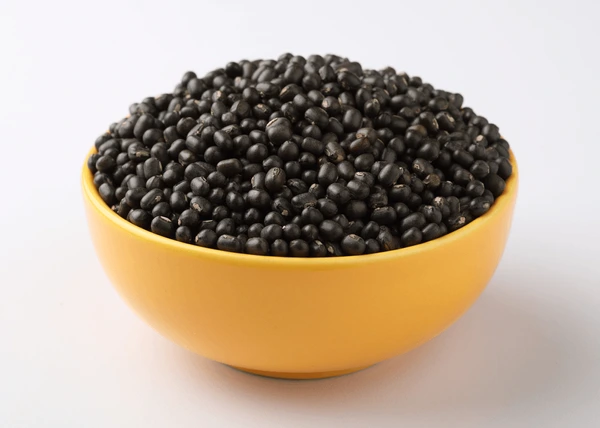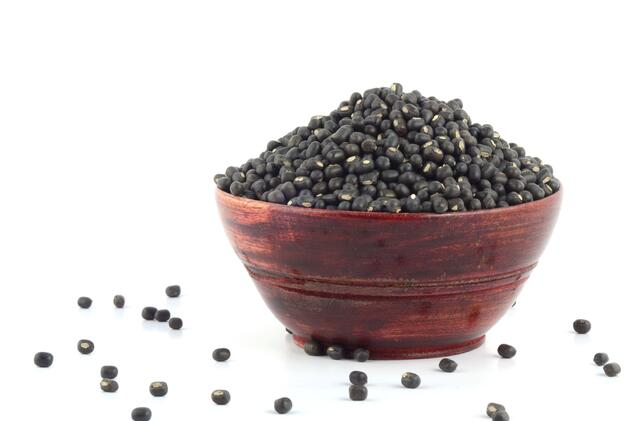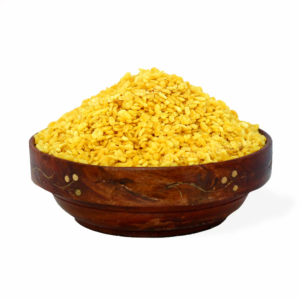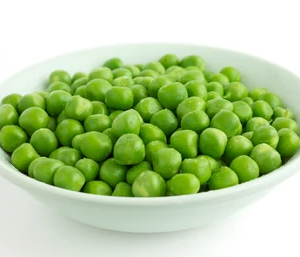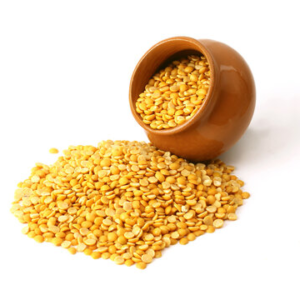Description
Key Characteristics:
- Color: Black beans have a dark, glossy black skin with a white interior.
- Size: They are small to medium-sized beans.
- Taste and Texture: They offer a mild, slightly sweet flavor with a smooth, soft texture once cooked.
Nutritional Benefits:
- High in protein, fiber, iron, and antioxidants.
- Low in fat and cholesterol-free.
- A great source of folate, magnesium, and potassium.
Common Uses:
- Culinary: Black beans are versatile and can be used in a variety of dishes, such as black bean soup, salads, dips (like black bean dip), and in tacos or burritos.
- Vegetarian & Vegan: Due to their high protein content, black beans are often used as a meat substitute in plant-based diets.
- Canned vs. Dried: Both canned and dried black beans are widely available. Dried beans require soaking and longer cooking times, while canned beans are pre-cooked and more convenient.
Preparation Tips:
- Soaking: If using dried black beans, it’s ideal to soak them overnight before cooking to reduce cooking time and improve digestibility.
- Cooking: They can be boiled, pressure-cooked, or added directly to slow-cooked dishes.
- Flavors: Black beans pair well with spices like cumin, garlic, chili powder, and cilantro, making them a key component in many flavorful dishes.
In addition to their nutritional benefits, black beans are a sustainable food source, making them a popular choice in both home cooking and commercial food production.


